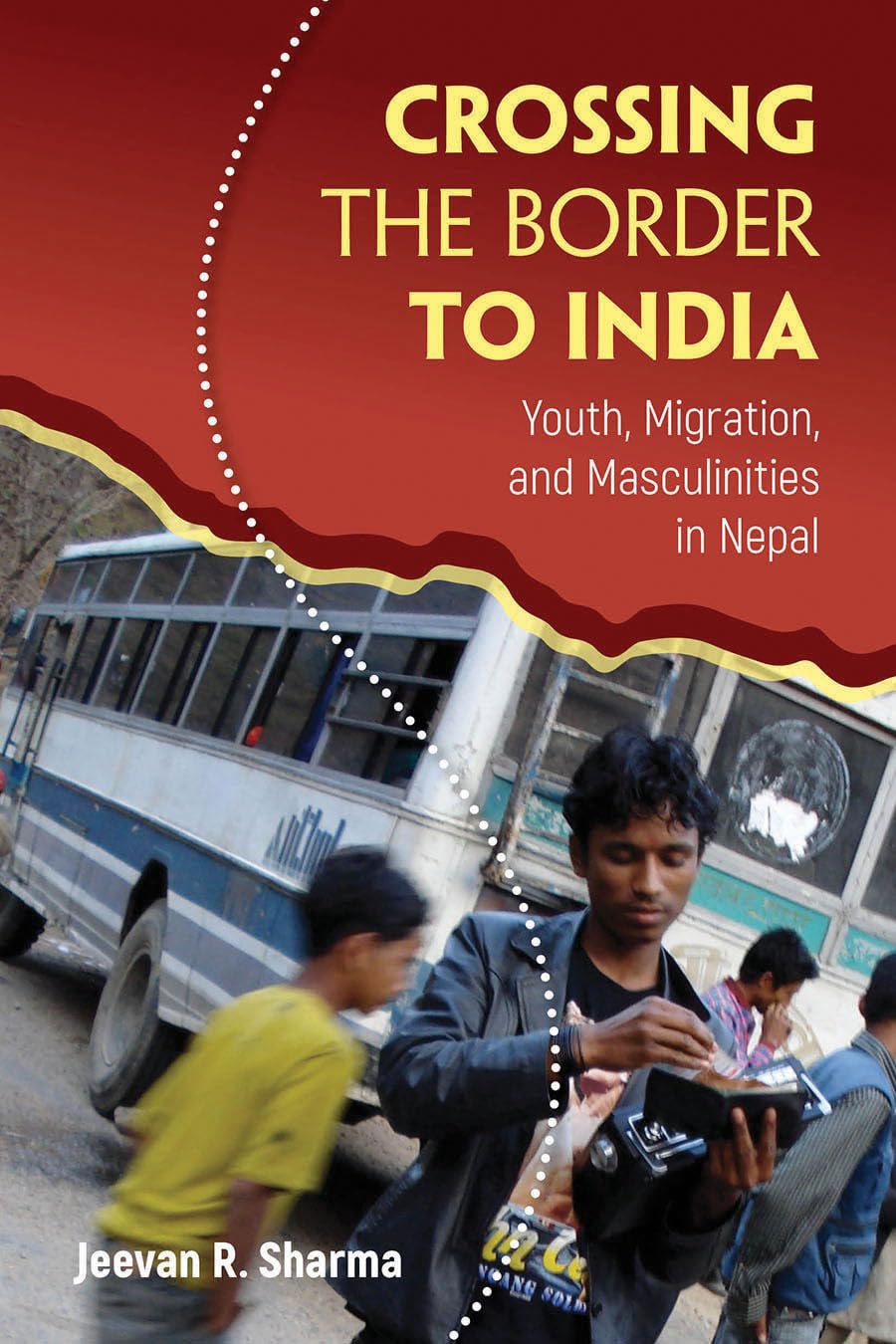Book on elimination of infectious diseases in South-East Asia launched

New Delhi — To mark the World Environment Day this year, a book
titled ‘Elimination of Infectious Diseases from the South-East Asia Region Keeping the
Promise’ was launched at a virtual event on Monday.
Infectious disease epidemiologist and public health expert, Professor David Heymann
said that the book highlights the progress that has been made in the control of
communicable diseases in the Region during the past decade.
“It provides compelling insights into how this has been done with high-level
commitment, funding and maintaining the sense of urgency. It provides good news at a
time when the world is faced by the devastating effects of climate change.”
Edited by the Regional Director of WHO South-East Asia, Dr Poonam Khetrapal Singh,
the book is a compilation of chapters authored by public health experts and details the
achievements by Member countries such as elimination of mother-to-child
transmission of HIV and Syphilis, yaws, malaria, lymphatic filariasis, trachoma and
moving towards a leprosy free world. These successes follow prioritization of
elimination of neglected tropical diseases and others diseases on the verge of
elimination, as a flagship priority in the Region, when Dr Khetrapal Singh assumed
office as Regional Director in 2014.
“Countries of the South-East Asia Region have for decades been fighting
communicable diseases. I know the challenges. But as this book shows, those
challenges have not stopped the fight against communicable diseases nor have they
stopped the strengthening of primary health care and the expansion of universal
health coverage,” Prof Heymann said.
On launching the book as part of World Environment Day initiative, Dr Poonam
Khetrapal Singh said, “climate change and other environmental determinants threaten
to halt or even reverse the Region’s hard-won gains against communicable diseases,
which would in turn negatively impact inclusive and sustainable social and economic
growth”.
“Biodiverse and well-functioning ecosystems are vital to sustain and enhance human
health. All people must have access to clean air, fresh water, and nutritional security
to prevent disease and promote health, and to pursue sustainable livelihoods”, the
Regional Director said. (ANI)


















Facebook Comments